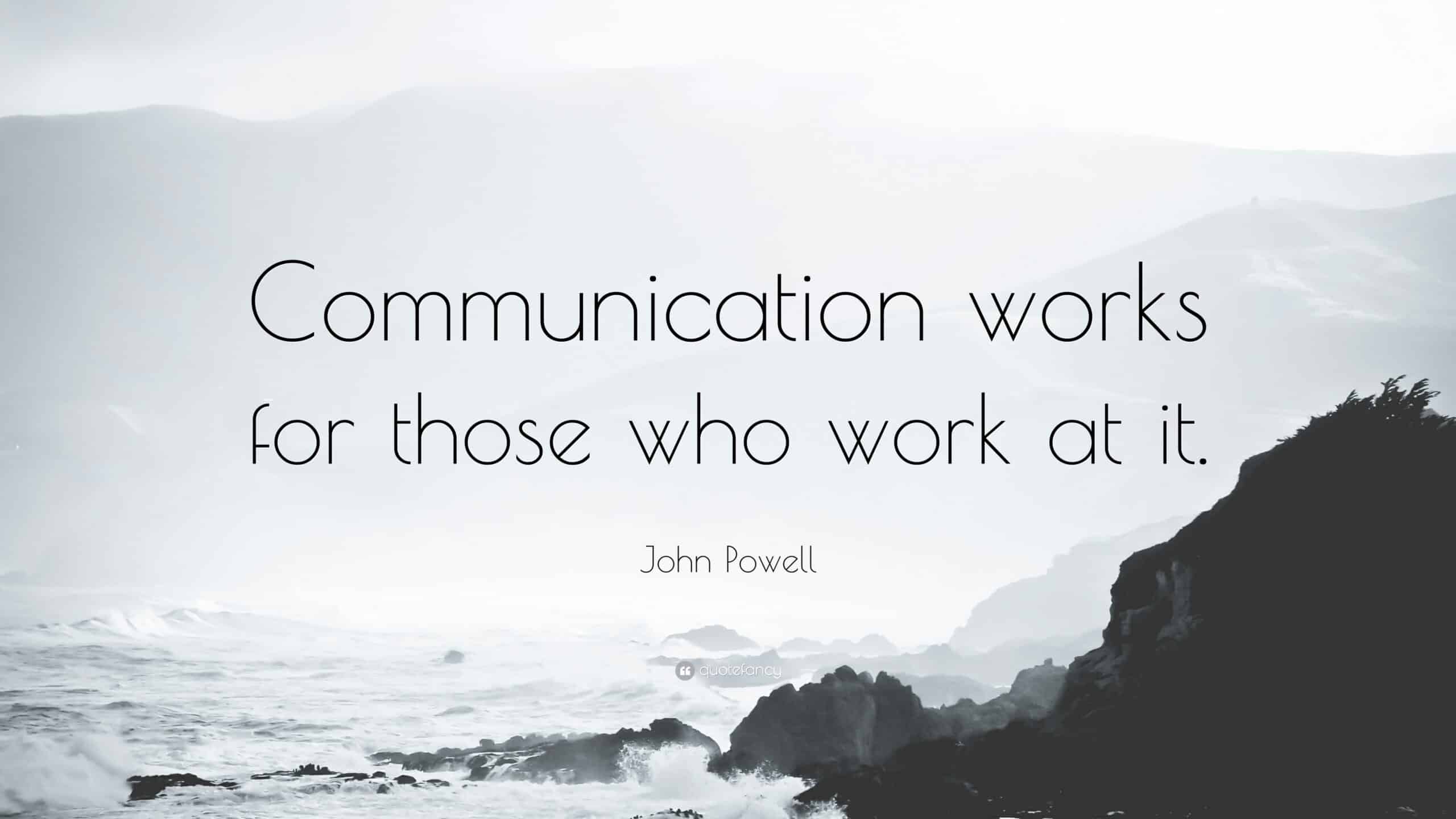Professional communication services are for working professionals who have specific goals related to their communication at work, such as presentation skills, running meetings, negotiating, and interviewing skills. Read on to find out more about Professional Communication.
#1 – Employers value Communication in new hires above almost anything else
According to a GMAC Corporate Recruiters Survey discussed here, employers look for oral communication and listening skills in new hires above other things like technology, qualitative analysis or negotiation skills. 81% of corporate recruiters identified interpersonal skills as important.
The latest survey shows that throughout the pandemic, the value placed on communication skills has actually grown. This may seem counter-intuitive, since the pandemic has meant we have been having less in-person interaction, but now more than ever organizations are looking for individuals with the soft skills and communication skills to help their teams in uncertain times.
Therefore, working on your professional communication may be one of the most valuable career skills to cultivate and develop, with the return-on-investment compounding over your career.
#2 – Communication confidence does not come naturally for everybody
If you are reading this article, you may have lingering thoughts about your own communication style and whether or not it’s serving you or holding you back in the workplace. You may be battling self-confidence issues and questioning whether or not you are “good enough.” Both men and women often struggle when it comes to having self-confidence and questioning whether they deserve their job. This is commonly referred to as Imposter Syndrome.
Professional communication will help you identify your strengths as a communicator while developing a plan to target the areas that will take your communication to the next level.

#3 Professional Communication falls within the field of Speech-Language Pathology
Speech-language pathologists are educated and professionally trained to identify individual communication styles and idiosyncrasies including fluency (filler words), speaking rate and volume, body language, sarcasm/humour, and linguistic cultural differences. All of these can have a positive or negative impact on your target audience, and therefore deserve our attention.
Fortunately, because Professional Communication is an area of SLP specialty, sessions received through a registered Speech-Language Pathologist are often covered by your insurance or extended health benefits.
#4 If you’re nervous about Speech Therapy, you’re not alone!
It’s completely normal to be anxious or nervous about seeking out and starting professional communication speech therapy. While everyone’s journey is different, communication can be a very personal thing, and some might feel self-conscious about reaching out for advice or for help, even from a professional. Please know that you are not alone, this is a common feeling among so many working professionals.
Our registered Speech Language Pathologists will recognize your individual needs and move at the right pace for you, in a productive and non-judgemental space. We will listen to you to deeply understand your goals, motivations, severity of issues and expectations.
#5 Getting started is easy
Arbutus Speech Therapy offers a free phone consultation where you can share your concerns and goals with us. This can be booked online via our website.
If you decide to proceed, an online communication confidence survey is sent to you to fill out which will help you to identify exactly what you would like to focus on in sessions. The initial assessment will involve a discussion with your Speech Therapist on your career, the communication skills required in your field, and the gap between where you are today and where you would like to get to.
Getting started is the most important thing! From there, we will work regularly on your goals and help you reach your communication potential!
If you have any question professional communication, reach out to us today!

